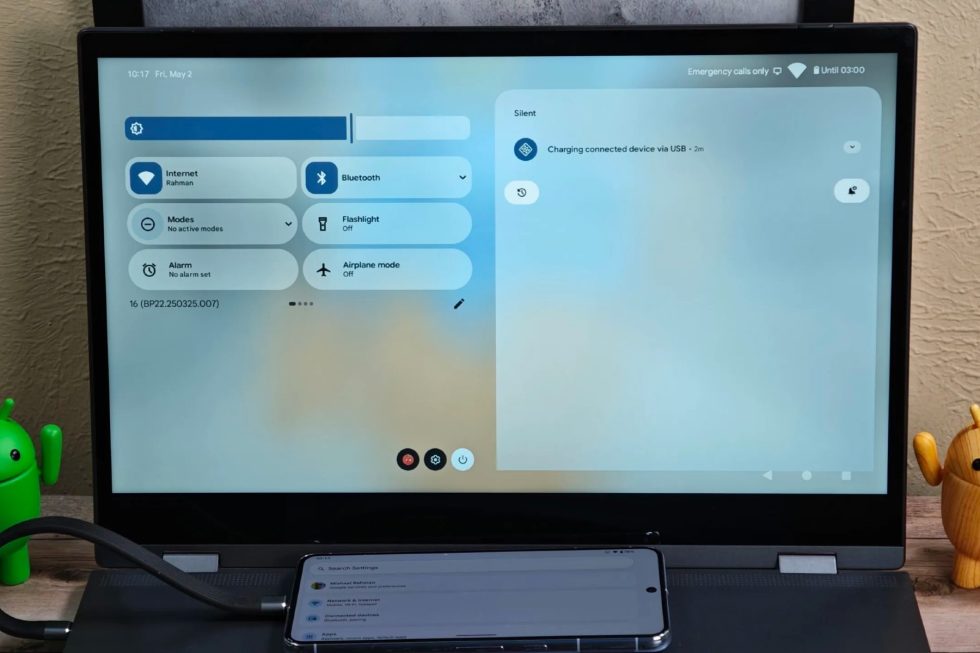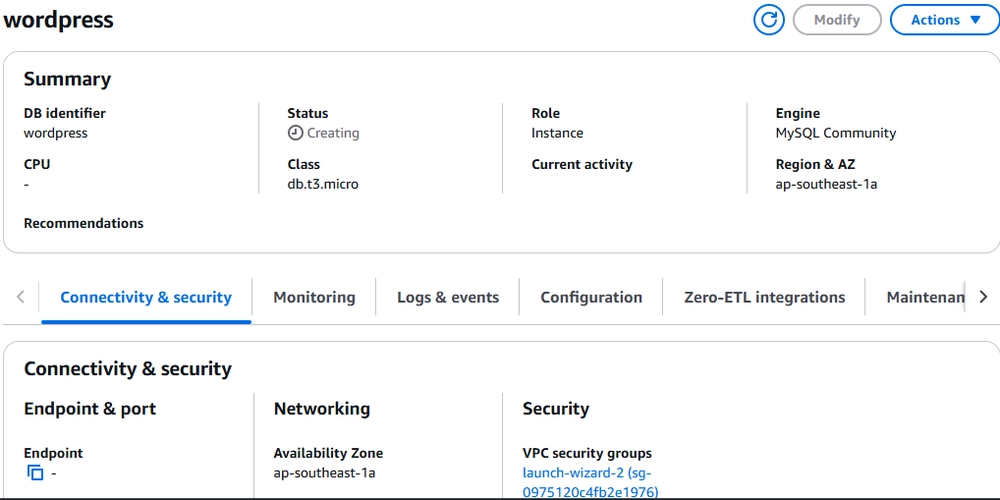What Is the Difference Between PHP Echo and Print in 2025?
As we venture into 2025, PHP continues to be a foundational technology for web development. A common point of confusion among new developers is the difference between the echo and print statements in PHP. Understanding these differences is essential for optimizing your PHP code for performance and readability. PHP echo vs print: An Overview Both echo and print are language constructs in PHP that are used to output data to the screen. While they may seem interchangeable, there are subtle differences: Syntax and Efficiency: echo can accept multiple parameters, whereas print can only take one argument. echo is slightly faster as it doesn’t return any value, allowing for better performance in large-scale applications. Return Values: echo does not return any value. print, on the other hand, always returns 1, making it useful if you need to test the output within an expression. Real-world Applications In practice, the choice between echo and print often comes down to coding preference and the specific needs of your application. For instance, if you prefer concise code or you’re handling multiple outputs, echo might be your go-to choice. Conversely, if you need a return value from the output function, print is more suitable. Performance Considerations Performance remains a significant factor when choosing between echo and print. Although the difference in execution times between these two constructs is minimal, using echo in high-load scenarios can provide a slight performance advantage. As PHP continues to evolve, aiming for minimal overhead in scripting becomes increasingly important. Best Practices in 2025 Consistency: Choose one of the two and stick with it throughout your project for consistency. Scenario-based Use: Use echo for general output and print when you need its return value feature. Code Readability: Ensure your use of output commands enhances the readability and maintainability of your code. Further Learning and Related Topics As you deepen your PHP knowledge in 2025, consider exploring additional PHP functionalities and frameworks: CakePHP ORM Functionality: Learn how object-relational mapping (ORM) can simplify your database interactions with CakePHP in 2025. PHP Echo vs Print: A community discussion on the intricate differences between echo and print. PHP Programming Course Alternatives 2025: Discover various ways to learn PHP, whether through structured courses or self-study. In summary, while both echo and print serve the same fundamental purpose in PHP, understanding their differences and when to appropriately use each can greatly enhance your development skills. As we advance in 2025, keeping up with PHP's evolving features and best practices will ensure you remain an efficient and skilled developer.

As we venture into 2025, PHP continues to be a foundational technology for web development. A common point of confusion among new developers is the difference between the echo and print statements in PHP. Understanding these differences is essential for optimizing your PHP code for performance and readability.
PHP echo vs print: An Overview
Both echo and print are language constructs in PHP that are used to output data to the screen. While they may seem interchangeable, there are subtle differences:
-
Syntax and Efficiency:
-
echocan accept multiple parameters, whereasprintcan only take one argument. -
echois slightly faster as it doesn’t return any value, allowing for better performance in large-scale applications.
-
-
Return Values:
-
echodoes not return any value. -
print, on the other hand, always returns1, making it useful if you need to test the output within an expression.
-
Real-world Applications
In practice, the choice between echo and print often comes down to coding preference and the specific needs of your application. For instance, if you prefer concise code or you’re handling multiple outputs, echo might be your go-to choice. Conversely, if you need a return value from the output function, print is more suitable.
Performance Considerations
Performance remains a significant factor when choosing between echo and print. Although the difference in execution times between these two constructs is minimal, using echo in high-load scenarios can provide a slight performance advantage. As PHP continues to evolve, aiming for minimal overhead in scripting becomes increasingly important.
Best Practices in 2025
- Consistency: Choose one of the two and stick with it throughout your project for consistency.
-
Scenario-based Use: Use
echofor general output andprintwhen you need its return value feature. - Code Readability: Ensure your use of output commands enhances the readability and maintainability of your code.
Further Learning and Related Topics
As you deepen your PHP knowledge in 2025, consider exploring additional PHP functionalities and frameworks:
- CakePHP ORM Functionality: Learn how object-relational mapping (ORM) can simplify your database interactions with CakePHP in 2025.
-
PHP Echo vs Print: A community discussion on the intricate differences between
echoandprint. - PHP Programming Course Alternatives 2025: Discover various ways to learn PHP, whether through structured courses or self-study.
In summary, while both echo and print serve the same fundamental purpose in PHP, understanding their differences and when to appropriately use each can greatly enhance your development skills. As we advance in 2025, keeping up with PHP's evolving features and best practices will ensure you remain an efficient and skilled developer.






































































































































































![[The AI Show Episode 145]: OpenAI Releases o3 and o4-mini, AI Is Causing “Quiet Layoffs,” Executive Order on Youth AI Education & GPT-4o’s Controversial Update](https://www.marketingaiinstitute.com/hubfs/ep%20145%20cover.png)













































































































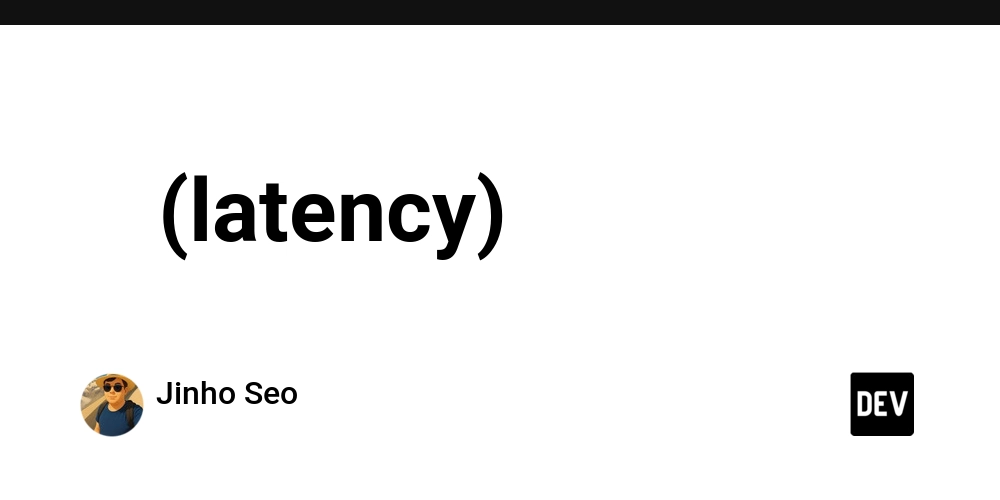





























































































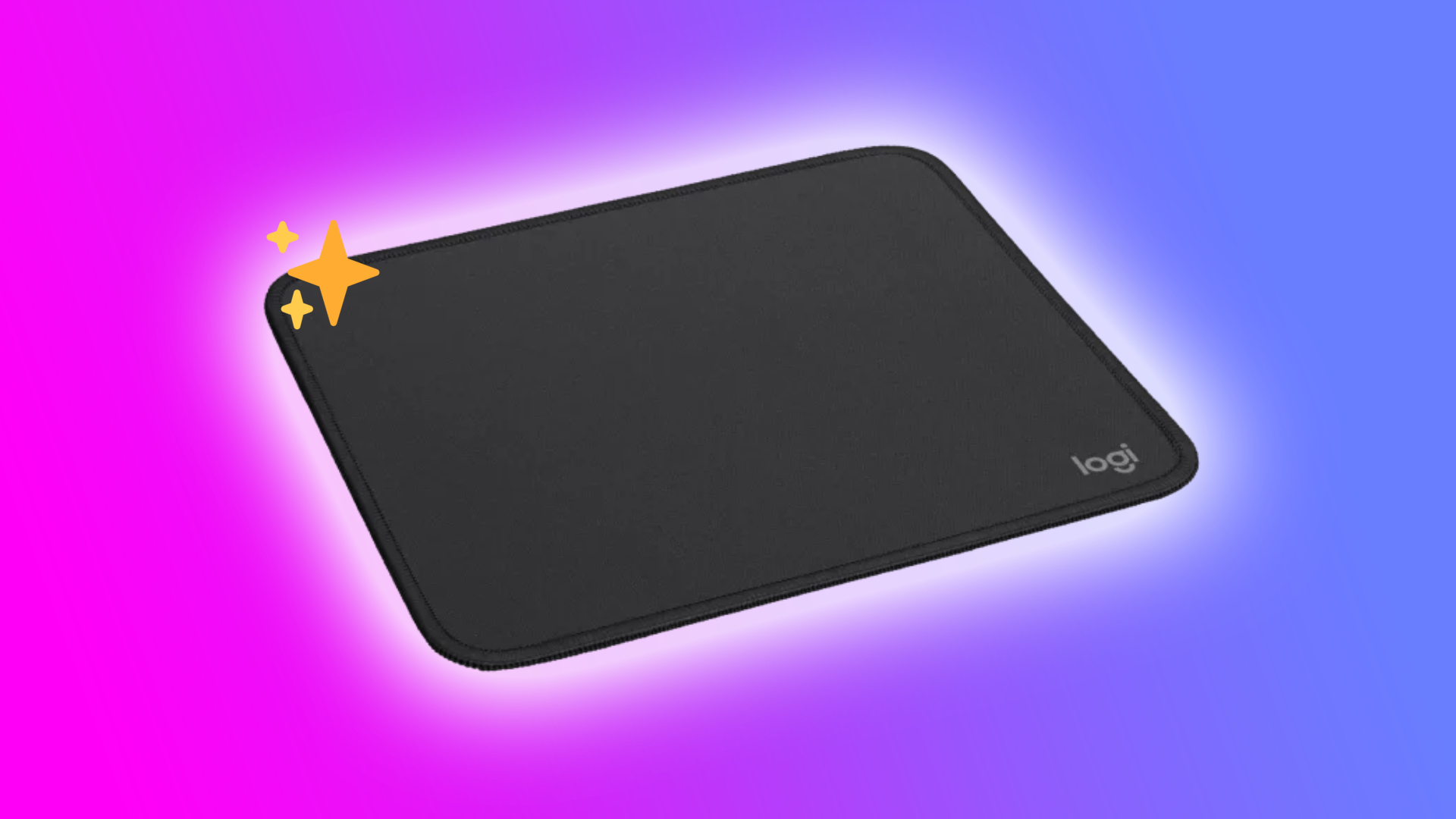




































































 Stolen 884,000 Credit Card Details on 13 Million Clicks from Users Worldwide.webp?#)


















































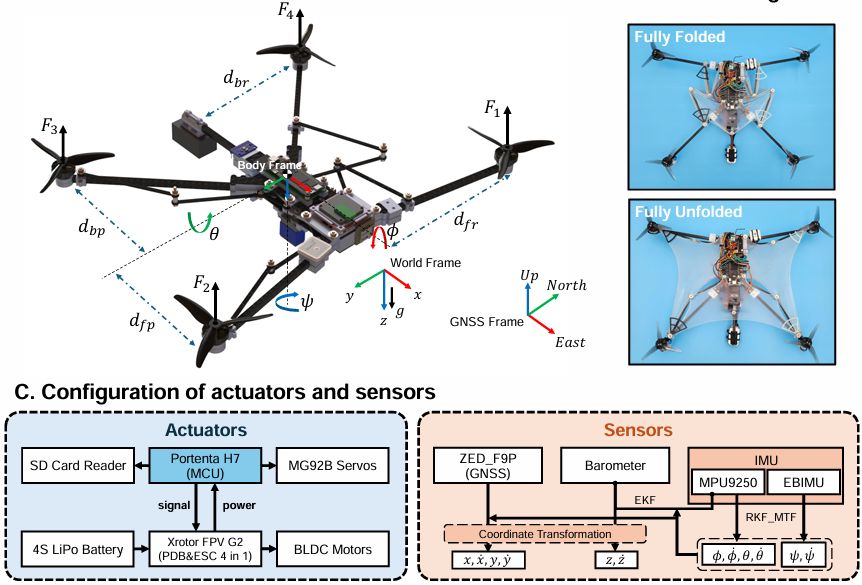
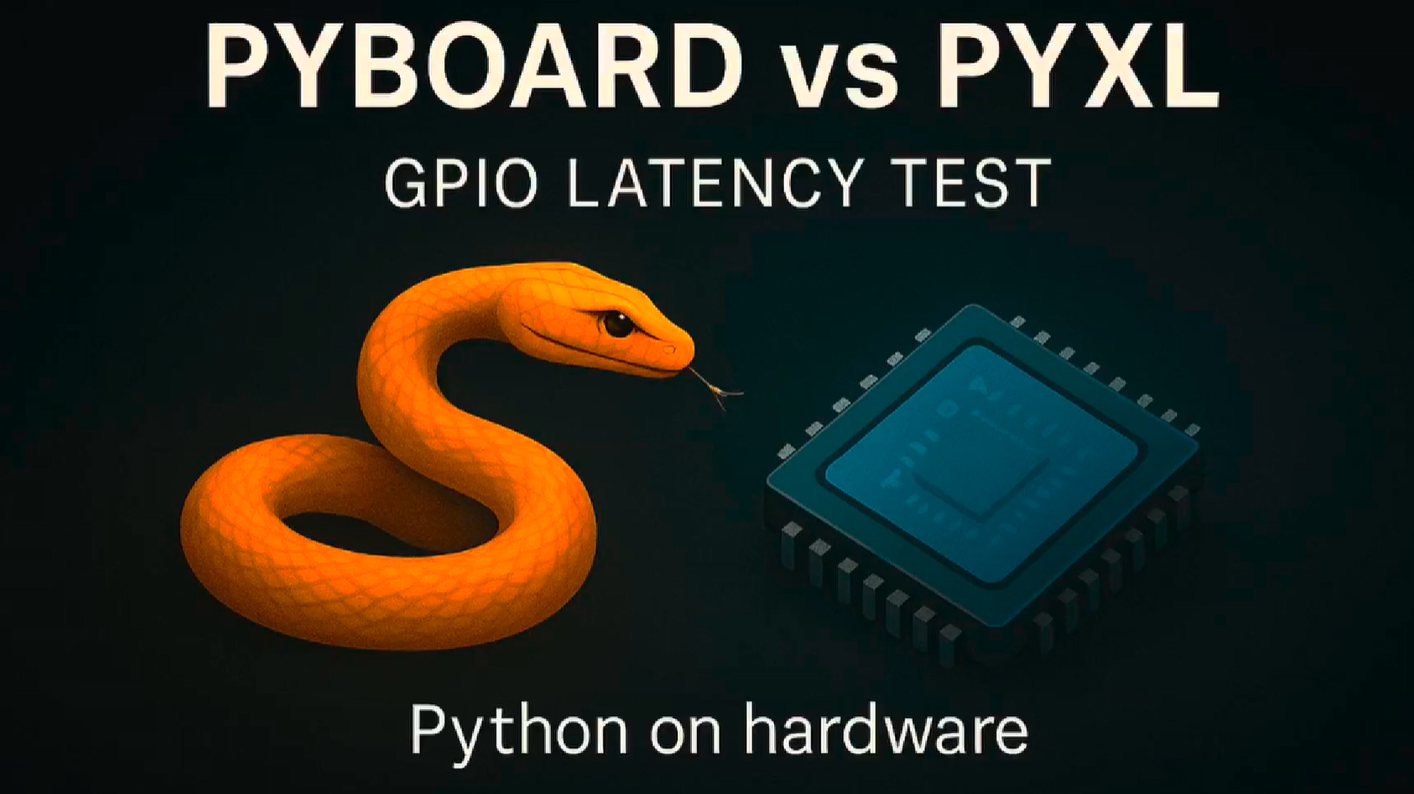

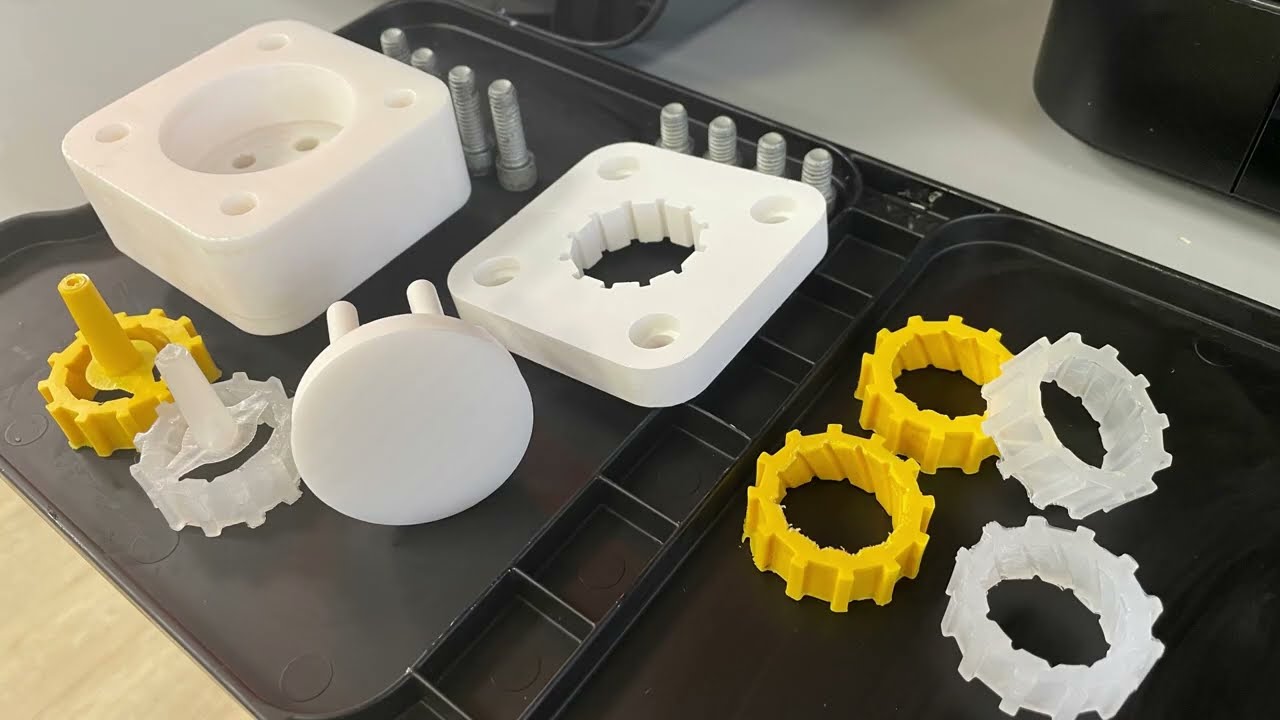






































![Chrome 136 tones down some Dynamic Color on Android [U]](https://i0.wp.com/9to5google.com/wp-content/uploads/sites/4/2023/03/google-chrome-logo-4.jpg?resize=1200%2C628&quality=82&strip=all&ssl=1)













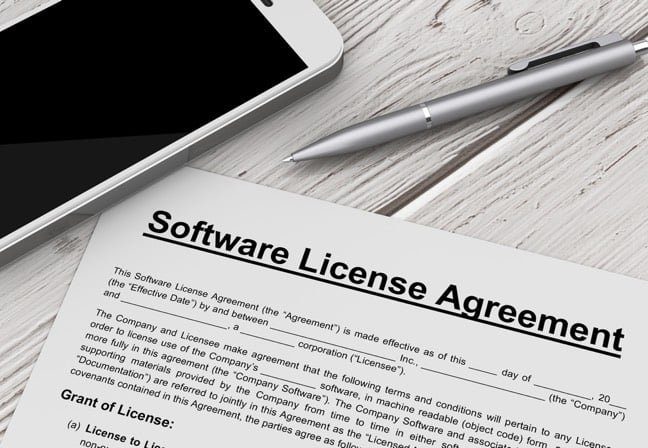

![Apple Shares Official Teaser for 'Highest 2 Lowest' Starring Denzel Washington [Video]](https://www.iclarified.com/images/news/97221/97221/97221-640.jpg)

![Under-Display Face ID Coming to iPhone 18 Pro and Pro Max [Rumor]](https://www.iclarified.com/images/news/97215/97215/97215-640.jpg)


























